There are three major religions in the world: Christianity, Islam and Buddhism, among which Buddhism has the most far-reaching influence in China. was introduced from the Western Han dynasty Silk Road, and the government during the Eastern Han Dynasty during the Ming Dynasty began to advocate . During this period, Buddhism was highly praised by many feudal rulers, but it also faced disaster. Killing monks and nuns, sealing monasteries, and destroying Buddhist scriptures, these are the very famous three martial arts in history: Emperor Taiwu of the Northern Wei Dynasty during the Wei, Jin, Southern and Northern Dynasties, Emperor Wu of the Northern Zhou Dynasty, and Emperor Wuzong of the Tang Dynasty. .

Consolidated rule, Emperor Taiwu of Wei destroyed Buddhism
Since Buddhism was introduced to China, it has been gradually accepted by the rulers and people. The "karma" and "reincarnation of pain and joy" it promotes not only allow rulers to find tools to control the people, but also allow the suffering people to find spiritual comfort. Therefore, Buddhism spread rapidly in the country. They built monasteries, developed monks, and even armed themselves and occupied land. As the power of Buddhism grew, feudal rulers began to feel the crisis.

Emperor Taiwu of the Northern Wei Dynasty Tuoba Tao first showed his sword to Buddhism. The Northern Wei monarch who was originally from is which cannot be easily changed. For this reason, Emperor Taiwu of the Northern Wei Dynasty always wanted to package himself with Han Chinese Confucianism and Taoism . Instead, he despised the prophecy Buddhism, and even called it "Hu God" and "Hu Jing" , and wanted to compete with it. Draw a clear line.

More importantly, with the popularity of Buddhism, novices can be exempted from taxes and corvee. The country lacked sufficient financial resources and military resources, so it could only levy taxes from ordinary people, which further weakened the strength of the Northern Wei Dynasty and intensified social conflicts. At the same time, when Emperor Taiwu of the Northern Wei Dynasty suppressed the Gaiwu Uprising, he discovered that there were a large number of weapons hidden in Buddhist temples in the Guanzhong area. This made the king wonder whether Buddhism was colluding with the rebels.

At this time, the appearance of a character further strengthened Emperor Taiwu's belief in destroying Buddhism. Cui Hao was born in a wealthy family and experienced the three dynasties of Emperor Daowu of Wei, Emperor Ming and Yuan and Emperor Taiwu. He was not only well-read, but also proficient in the study of Yin and Yang and the Five Elements . After Cui Hao's speech, Emperor Taiwu of the Northern Wei Dynasty decided to believe in Taoism, proclaimed himself Taiping Zhenjun, and began to exterminate Buddhism. Buddha statues and Buddhist scriptures were burned, and monks under the age of fifty were required to return to secular life and serve in the military. Princes and nobles were also strictly prohibited from raising monks, and violators were severely punished.
Policies are flexible, Emperor Wu of the Northern Zhou Dynasty exterminated Buddhism
If Emperor Taiwu of the Northern Wei Dynasty's extermination of Buddhism was thunderous, then when Emperor Wu of the Northern Zhou Dynasty exterminated Buddhism, it was very flexible. is also from a barbarian background, and he also wants to be Mingzhengshuo. Emperor Wu of the Northern Zhou Dynasty's extermination of Buddhism seems much gentler. He ordered the monks to return to secular life, but he did not massacre them bloodyly. Everything was in service of the state machine. 130 years after Emperor Taiwu of the Northern Wei Dynasty exterminated Buddhism, Emperor Wu of the Northern Zhou Dynasty once again targeted Buddhism.

Compared with Emperor Taiwu of the Northern Wei Dynasty, Emperor Wu of the Northern Zhou Dynasty's extermination of Buddhism also had the color of political struggle. All this starts with the succession of Emperor Wu of the Northern Zhou Dynasty. As the founder of the Northern Zhou Dynasty, before his death, Yuwentai asked his orphan nephew Yuwen to protect and asked him to help assist the young master. However, the ambitious Yuwen Hu first supported Yuwen Jue to ascend and established the Northern Zhou Dynasty, then poisoned the emperor to death, and then established Yu Wenyu as the new emperor. However, Yu Wenyu is not only not as weak and incompetent as imagined, but also works hard and is smart and capable. Yu Wenhu has murderous intentions again.

In 560 AD, Yuwentai's fourth son, Yuwen Yong, was proclaimed. He was Emperor Wu of Zhou. Seeing the two previous emperors die tragically at the hands of Yu Wenhu, this time Yu Wenyong chose to lie dormant and wait.Finally, in 572, Yuwen Hu and his companions were executed, and Emperor Wu of Zhou seized power. In order to completely eliminate Yuwen Hu's influence, even Buddhism and Taoism, which he valued, became the target.. At the Confucianism, Buddhism, Taoism and Hundred Officials Conference in the second year, the emperor sat down and distinguished the order of the three religions, with Confucianism as the first, Taoism as the second, and Buddhism as the last.. ”

Put Buddhism at the end, which already reveals a certain message. In addition to the need for political struggle, the fundamental reason why Emperor Wu of the Northern Zhou Dynasty destroyed Buddhism was that the development of Buddhism shook the foundation of the country. Monks evaded taxes In 574, Emperor Wu of the Zhou Dynasty began to exterminate Buddhism and Taoism, destroyed Buddhist scriptures and statues, dismissed monks and Taoists, and ordered them to return to the people. . All obscene rituals are also prohibited, and those not included in the rituals will be eliminated. "
In order to compete with the people, Emperor Wuzong of the Tang Dynasty exterminated Buddhism
. After the Northern Zhou Dynasty annexed the Northern Qi , he promoted the extermination of Buddhism on a larger scale. In one fell swoop, monks, who accounted for one-tenth of the total population, were included in the national household registration system. Because of this, people at the time praised Emperor Wu of the Northern Zhou Dynasty as "the best strategy to strengthen the country and enrich the people." Just a few years later, Emperor Wen of the Sui Dynasty replaced him, and in 589 he completed the unification of the country. Emperor Wu of the Northern Zhou Dynasty laid the foundation for destroying Buddhism and filling the treasury. This was once again learned by Emperor Wuzong of the Tang Dynasty. In fact, as early as the period of Emperor Xianzong of the Tang Dynasty, Han Yu had advocated Confucianism and anti-Buddhism, and successively wrote "The Original Way" and "The Original Way". Articles such as "Original Nature" and "Original Man" pointed out that Buddhism hindered the national economy and people's livelihood. However, it was the period of enthusiasm for Buddhism during the reign of Emperor Xianzong of the Tang Dynasty. What awaited Han Yu was exile and relegation. During the period of Emperor Wuzong of the Tang Dynasty, in order to rectify the imperial court and the general affairs. After some hard work, Tang Wuzong decided to rectify Buddhism. Confiscated all the property of the Buddhist temple and ordered the monks to return to secular life to supplement the shortage of personnel and finances. Wuzong's extermination of Buddhism was more for economic reasons than for ordinary people. Not only did the monks not need to pay taxes and serve, but they also had to annex land and expand the monastery economy. This not only caused resentment among the people, but also made them enemies of secular landlords and state machinery. Moreover, . Emperor Wuzong of the Tang Dynasty embraced Taoism. In that era when Buddhism and Taoism were either/or, the likes and dislikes of the rulers would also determine the fate of religion.

The economy of Buddhist temples was nationalized and used for various measures of the central government . Tang Wuzong's extermination of Buddhism was from the perspective of the secular government to strengthen the central power. It was not just religious fanaticism. This has become a common feature of almost all Chinese kings. Because of this, Sanwu's extermination of Buddhism was more like the ruler's desire to exterminate Buddhism. Starting from self-interest, let religion work for me, rather than " being subject to religious development", which has formed a unique historical phenomenon in China.
Postscript
The destruction of Buddhism by three forces is only the development of Buddhism in China. Although Buddhism was once excluded by Confucianism and Taoism, it eventually moved towards the integration of Confucianism, Taoism, and Buddhism. The relationship between Buddhism and secular political power also found its position in the game. The rule of the central power must not be endangered . This may be the fundamental reason why Sanwu destroyed the Buddha.

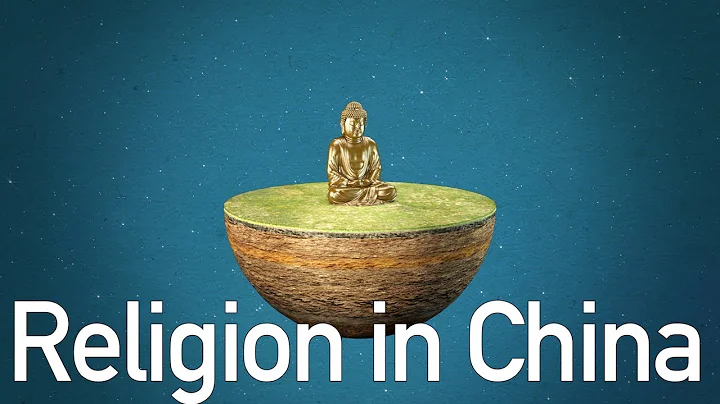

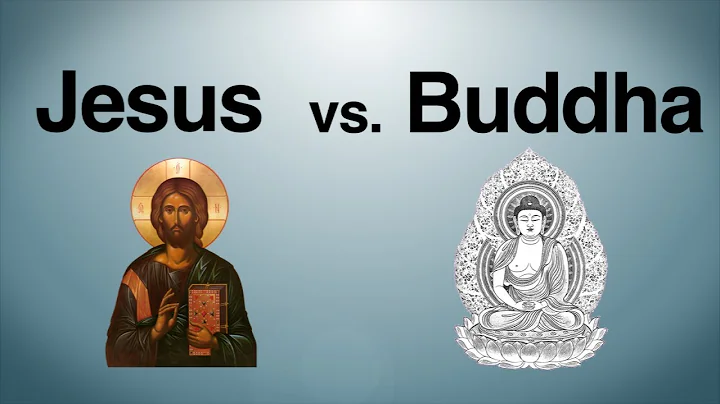
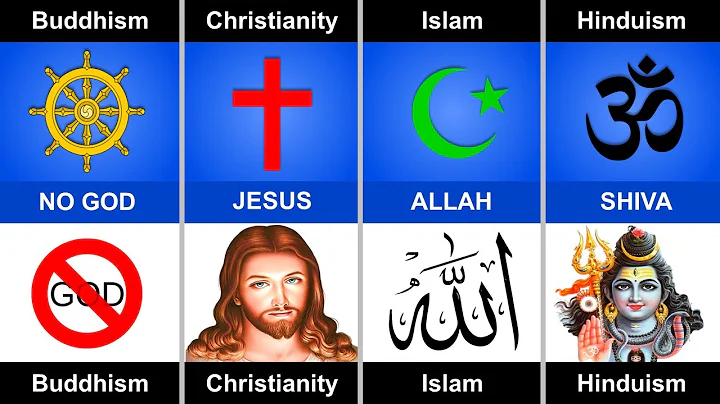
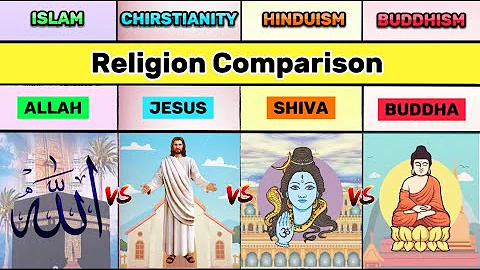

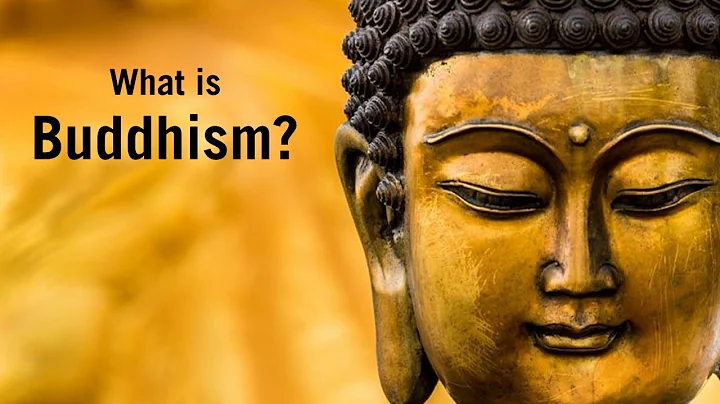

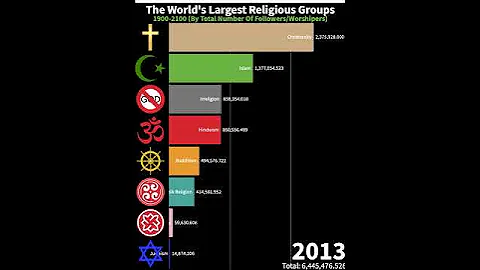
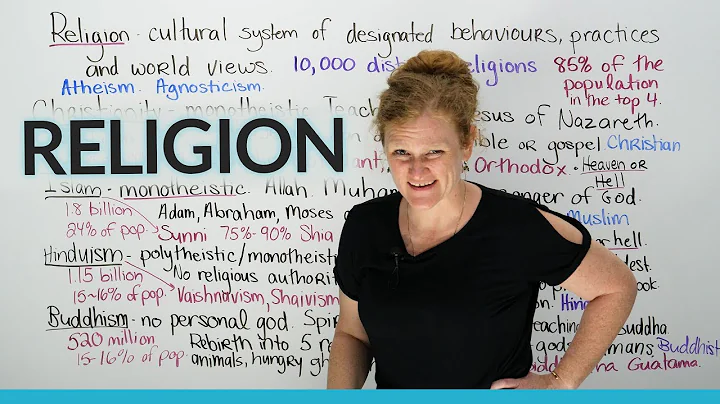
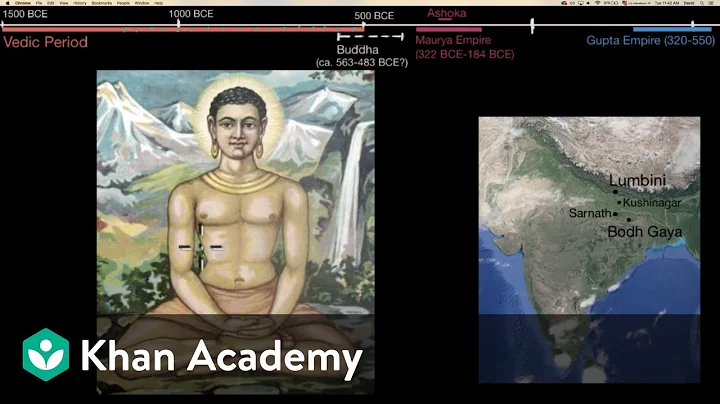






![[English] Who Am I - Lecture 1 - Ven. Guan Cheng - DayDayNews](https://i.ytimg.com/vi/KU0fUs2It5o/hq720.jpg?sqp=-oaymwEcCNAFEJQDSFXyq4qpAw4IARUAAIhCGAFwAcABBg==&rs=AOn4CLDFpQUN_QwRfC7bmP4sUadq-RcYdg)
![A Moving Masterpiece 清明上河图 [English narration] - DayDayNews](https://i.ytimg.com/vi/kxff-4GktOI/hqdefault.jpg?sqp=-oaymwEcCOADEI4CSFXyq4qpAw4IARUAAIhCGAFwAcABBg==&rs=AOn4CLBtHGLeUpJNCYDJYnZTuISQ1N5Vag)


